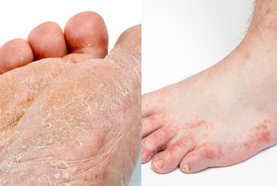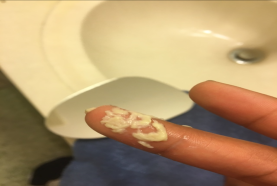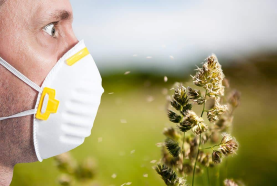What is Eyelash loss
Eyelash loss, also known as madarosis, is the condition where eyelashes fall out or become sparse. It can affect one or both eyelids and may be caused by various factors, including medical conditions, infections, or cosmetic practices.
Common Clinical Presentation
-
Noticeable thinning or complete loss of eyelashes
-
Redness or swelling around the eyelids
-
Itching or irritation in the affected area
-
Dryness or crusting along the lash line
Identify and Treat Underlying Causes
Visit a healthcare provider to diagnose and treat any underlying conditions (e.g., infections, skin disorders, or hormonal imbalances).
Good Eyelid Hygiene
Clean eyelids gently with a mild cleanser or baby shampoo to remove dirt and debris.
Medication
Use prescribed treatments such as antibiotics for infections, anti-inflammatory medications for skin conditions, or eyelash growth serums like bimatoprost.
Nutritional Support
Maintain a healthy diet rich in vitamins and minerals (e.g., biotin, vitamin E) that support hair growth.
Gentle Makeup Removal
Remove makeup gently without pulling or tugging on the eyelashes.
Avoid Rubbing Eyes
Refrain from rubbing your eyes to prevent damage to the eyelashes and follicles.
Regular Check-ups
Have regular check-ups with a healthcare provider to monitor any underlying conditions.
What You’ll Need
You should know
If eyelash loss persists or worsens, consult a healthcare provider for a thorough evaluation and appropriate treatment plan.
Checkout Information
Get virtual care from a licensed clinician quickly —no appointment or insurance necessary.
One Time Purchase: $49.00
Answer a few health questions and our healthcare providers will review them within 2hrs with recommendations and prescription. Our consultation process is fast and straightforward.
Pick up any prescribed medication at a pharmacy of your choice.
Other Treatments

Tinea Pedis (Athlete's Foot)
Fungal infection causing itching, redness, and cracking of the feet.

Vaginal Yeast Infection
Fungal infection in the vagina causing itching, discharge, and irritation.

Allergic Rhinitis (Seasonal Allergy)
Allergic reaction causing sneezing, runny nose, and itchy eyes.
